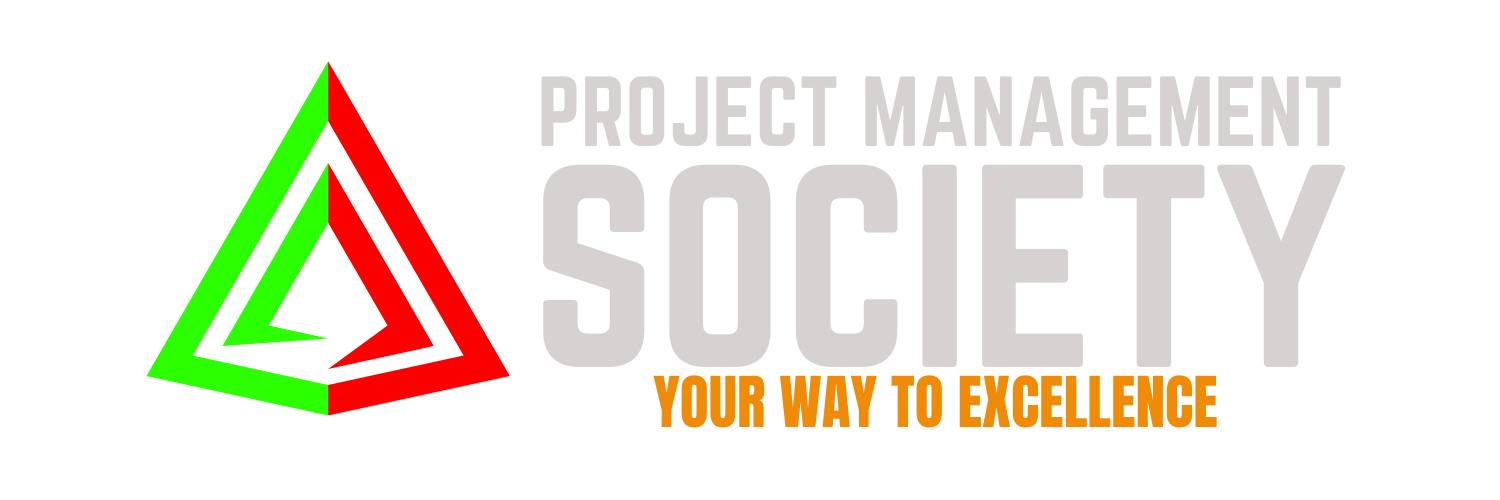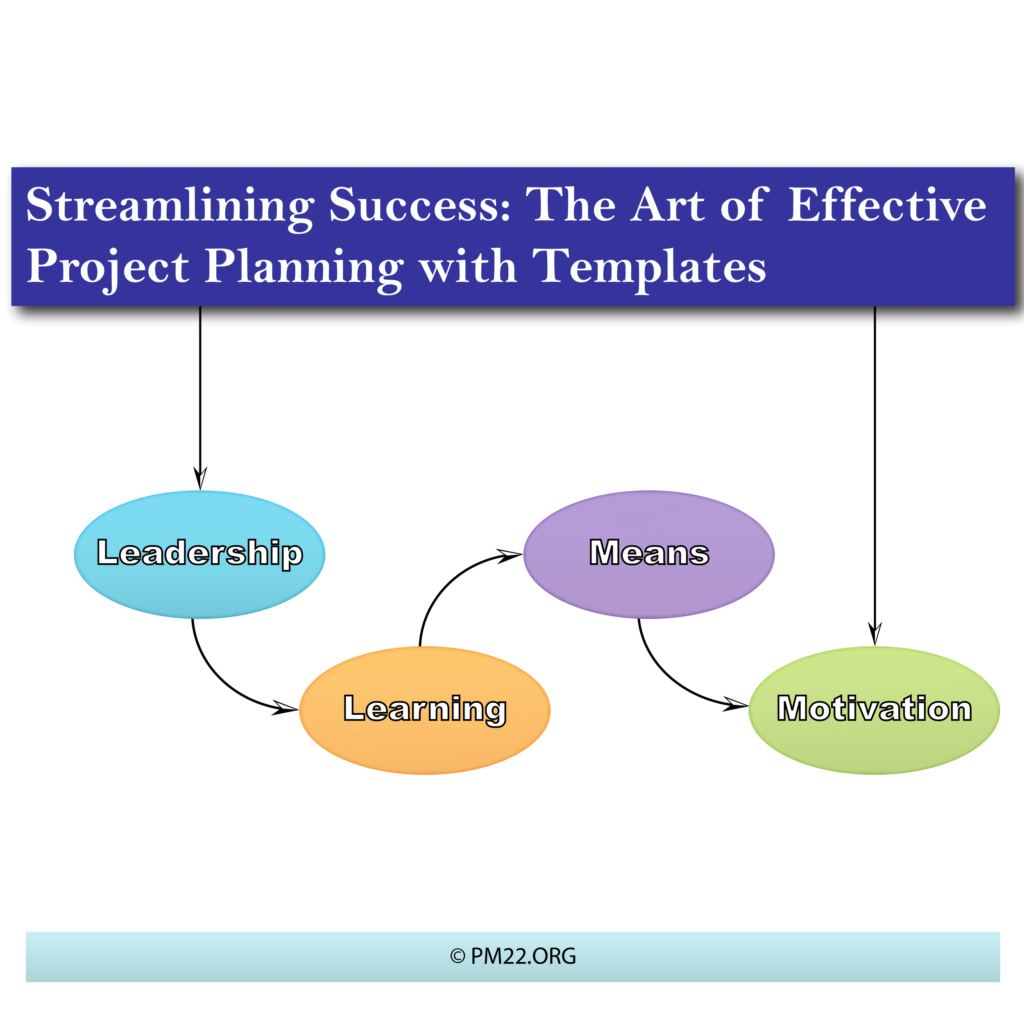 In the realm of project management, success is not merely a destination; it’s a journey paved with strategic planning, meticulous execution, and agile adaptation. At the heart of this journey lies effective project planning, a cornerstone for achieving goals efficiently and within constraints. Amidst the myriad of tools and techniques available, leveraging templates emerges as a formidable strategy to streamline processes and drive success. Let’s delve into how harnessing templates can elevate project planning to new heights.
In the realm of project management, success is not merely a destination; it’s a journey paved with strategic planning, meticulous execution, and agile adaptation. At the heart of this journey lies effective project planning, a cornerstone for achieving goals efficiently and within constraints. Amidst the myriad of tools and techniques available, leveraging templates emerges as a formidable strategy to streamline processes and drive success. Let’s delve into how harnessing templates can elevate project planning to new heights.
Templates serve as blueprints, encapsulating best practices, standardized processes, and lessons learned from past endeavors. They provide a structured framework, guiding project managers and teams through each phase of the project lifecycle. Whether it’s initiating, planning, executing, monitoring, or closing, templates offer a roadmap, ensuring consistency and coherence across projects of varying scopes and complexities.
CLICK HERE TO DOWNLOAD 300+ PROJECT MANAGEMENT TEMPLATES & DOCUMENTS IN EXCEL
One of the primary advantages of utilizing templates is the time-saving aspect. Instead of reinventing the wheel with every new project, project managers can leverage pre-existing templates tailored to specific project types or industries. These templates encapsulate tried-and-tested methodologies, eliminating the need to start from scratch. With time saved on planning logistics, teams can allocate resources more efficiently, focus on value-adding activities, and ultimately accelerate project delivery.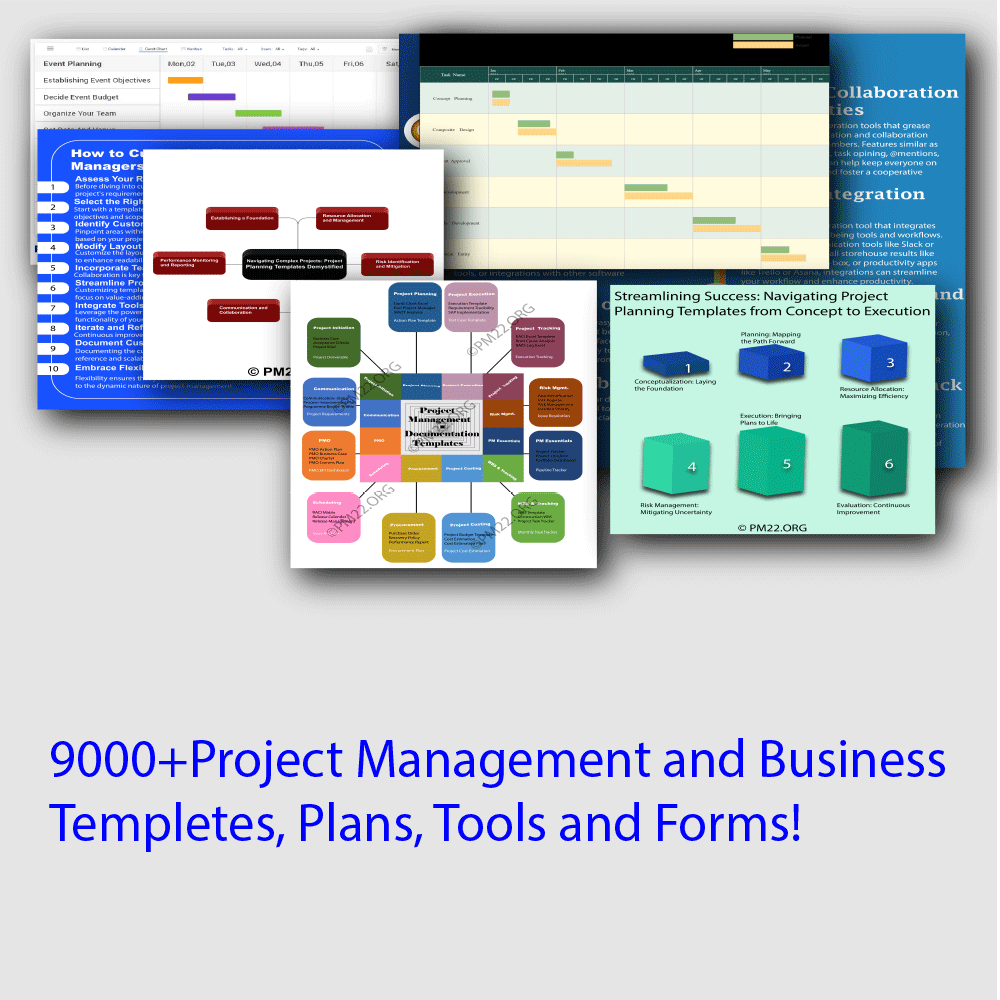
Moreover, templates foster collaboration and alignment within cross-functional teams. By providing a standardized format for documenting project requirements, timelines, milestones, and deliverables, templates ensure clarity and coherence among team members. Everyone operates from the same playbook, minimizing misunderstandings, reducing rework, and enhancing overall productivity. Additionally, templates facilitate communication by serving as a common reference point for stakeholders, fostering transparency and accountability throughout the project lifecycle.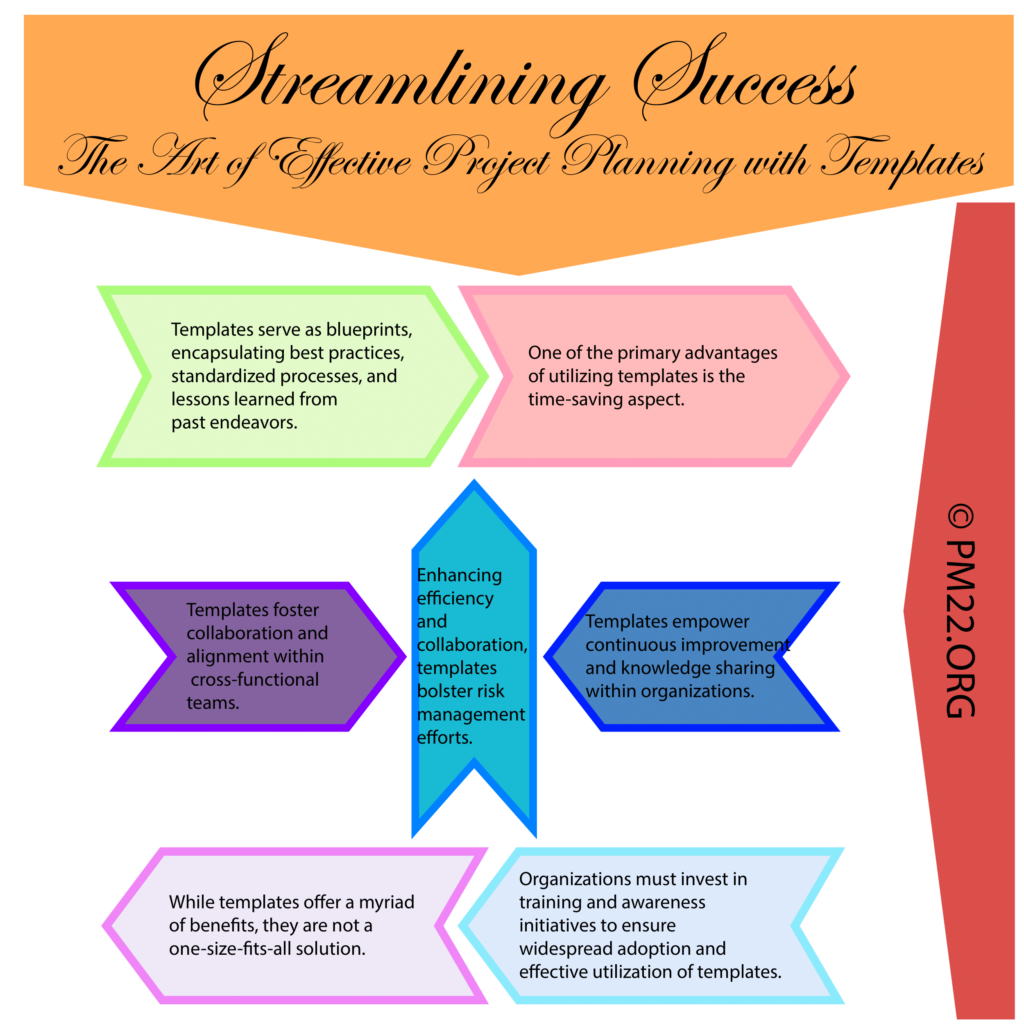
In addition to enhancing efficiency and collaboration, templates bolster risk management efforts. By incorporating risk assessment matrices, contingency plans, and mitigation strategies within project templates, organizations can proactively identify and address potential threats before they escalate. This proactive approach empowers project teams to navigate uncertainties with confidence, mitigating risks and maximizing opportunities for success.
Furthermore, templates empower continuous improvement and knowledge sharing within organizations. As projects unfold and lessons are learned, templates evolve to incorporate newfound insights and best practices. By regularly updating and refining templates based on real-world experiences, organizations cultivate a culture of learning and innovation. Project teams benefit from the collective wisdom of past endeavors, optimizing processes, and driving continual improvement across the board.
CLICK HERE TO DOWNLOAD 300+ PROJECT MANAGEMENT TEMPLATES & DOCUMENTS IN EXCEL
However, while templates offer a myriad of benefits, they are not a one-size-fits-all solution. Organizations must customize templates according to their unique requirements, project methodologies, and organizational culture. Templates should be flexible enough to accommodate variations in project scope, scale, and stakeholder expectations while maintaining a core structure for consistency and coherence.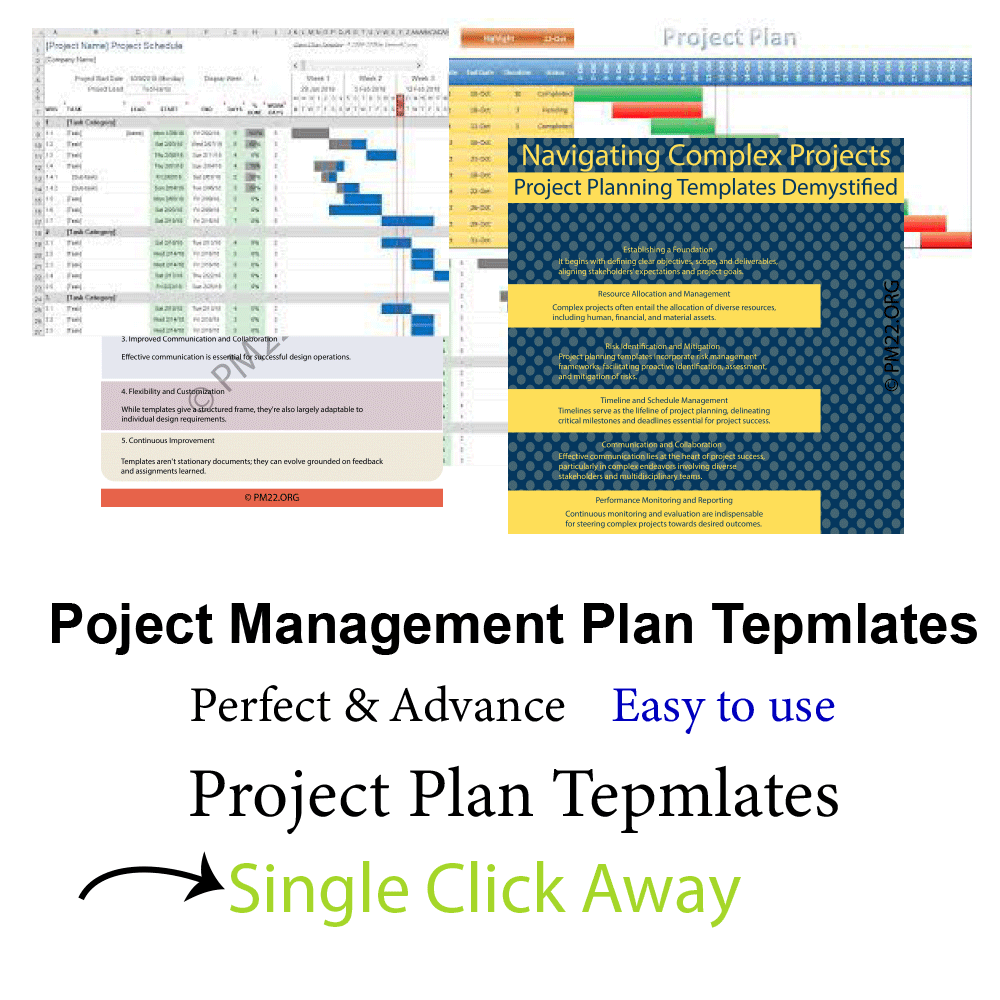
Moreover, organizations must invest in training and awareness initiatives to ensure widespread adoption and effective utilization of templates. Project managers and team members should be proficient in leveraging templates, understanding their purpose, and adapting them to suit specific project needs. By fostering a culture that values the strategic use of templates, organizations can maximize their impact on project outcomes and drive sustained success in the long run.
In conclusion, effective project planning is instrumental in achieving successful project outcomes and leveraging templates serves as a powerful enabler in this endeavor. By providing structured frameworks, fostering collaboration, mitigating risks, and enabling continuous improvement, templates streamline project planning processes and drive efficiency across the board. As organizations embrace the strategic use of templates, they pave the way for smoother project execution, enhanced stakeholder satisfaction, and sustained success in an increasingly competitive landscape.
